
 LANGUAGE
LANGUAGE
Friction consumes more than one-third of the world's primary energy, and wear leads to over 60% of mechanical material loss. Lubrication is the most effective way to reduce friction, decrease or avoid wear. The purpose of implementing lean lubrication is to efficiently utilize energy, reduce friction and wear, and improve the service life of equipment. Lubricating oil is formulated by adding various additives such as extrusion anti-wear agents, antioxidants, dispersants, rust inhibitors, etc. to base oil, and selecting suitable lubricating grease according to equipment type, working conditions, and environmental factors. Different lubricant formulations have different systems, and improper selection may result in equipment damage or personal accidents. Therefore, identifying and selecting lubricating oil is an important task.
Lubricating oil has a wide range of applications and various types and grades, such as engine oil, hydraulic oil, gear oil, process oil, etc., almost covering industries such as manufacturing and transportation. Different industries and equipment have different requirements for lubricating oil. The application of different lubricants will also vary, and these lubricants cannot be distinguished by the naked eye. Conventional testing methods are subjective and have poor consistency. The analysis of physical and chemical indicators is objectively reliable, but the testing requirements are high, time-consuming, and laborious. Due to the complexity of the analysis methods, the cost will remain high. If only the brand of lubricating oil is determined instead of the type and composition of the lubricating oil, there may be a mismatch between the lubricating oil data attributes and the lubricating oil category attributes, resulting in category determination errors. Therefore, for enterprises, the scientific and reasonable selection of equipment lubricants is a key content in the production process. Generally speaking, the user will use the oil recommended by the equipment supplier. However, due to the wide variety of equipment types and differences in the oil products used, coupled with the lack of resource capabilities and professional knowledge in the field of lubricants by some equipment manufacturers, the recommended oil products are relatively vague. These problems often bring great difficulties to equipment users, making them helpless in oil procurement.
At the beginning of 2016, Merida relied on the industrial robot lubrication management model of "technology+service+data+lean" to classify, analyze and optimize the selection of lubricating oil for domestic industrial robot equipment. Merida's lean lubrication management is more conducive to the procurement and operation management of lubricating oil for industrial robot equipment in enterprises.
Merida Lean Lubrication advocates a modular grease package management approach based on robots in the field of industrial robot equipment lubrication, in line with the flexible and responsive maintenance service requirements of enterprise automation production lines. The modular specialized oil and fat package spare parts reduce the possibility of enterprises misusing or misusing oil and fat. The humanized design of packaging and precise dosage eliminate unnecessary storage waste.
After long-term unremitting efforts and persistence, the enterprise has provided high-performance, low-carbon professional grade Merida for many domestic enterprises for a long time ® Lean lubrication products.
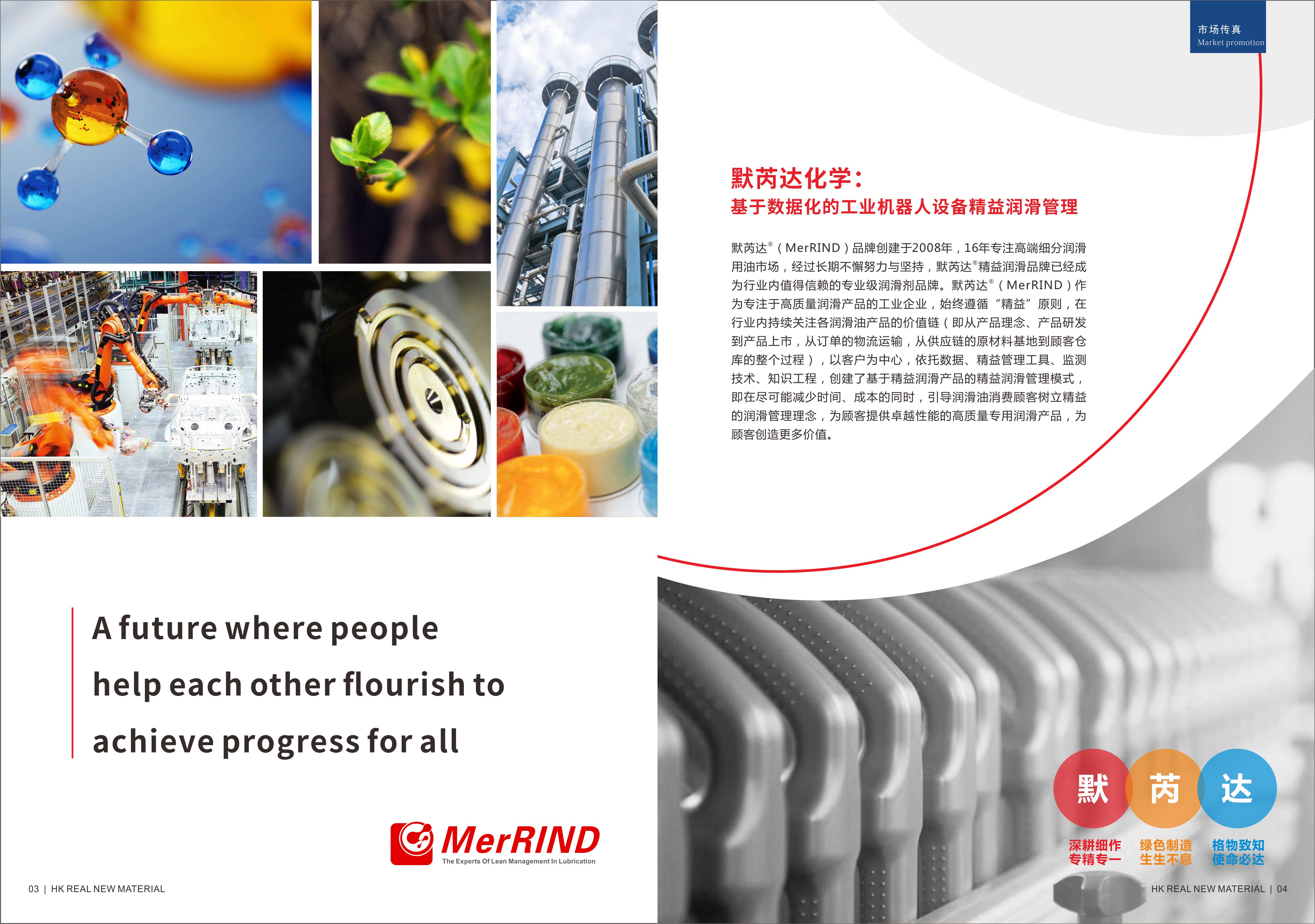
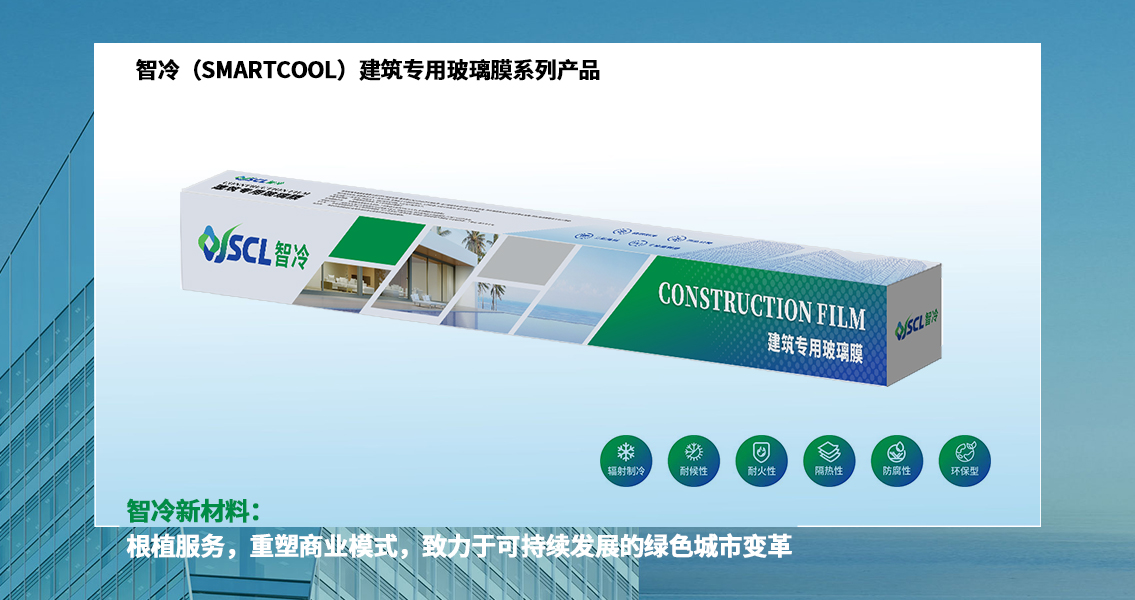
Currently, the challenge of global climate change is intensi...
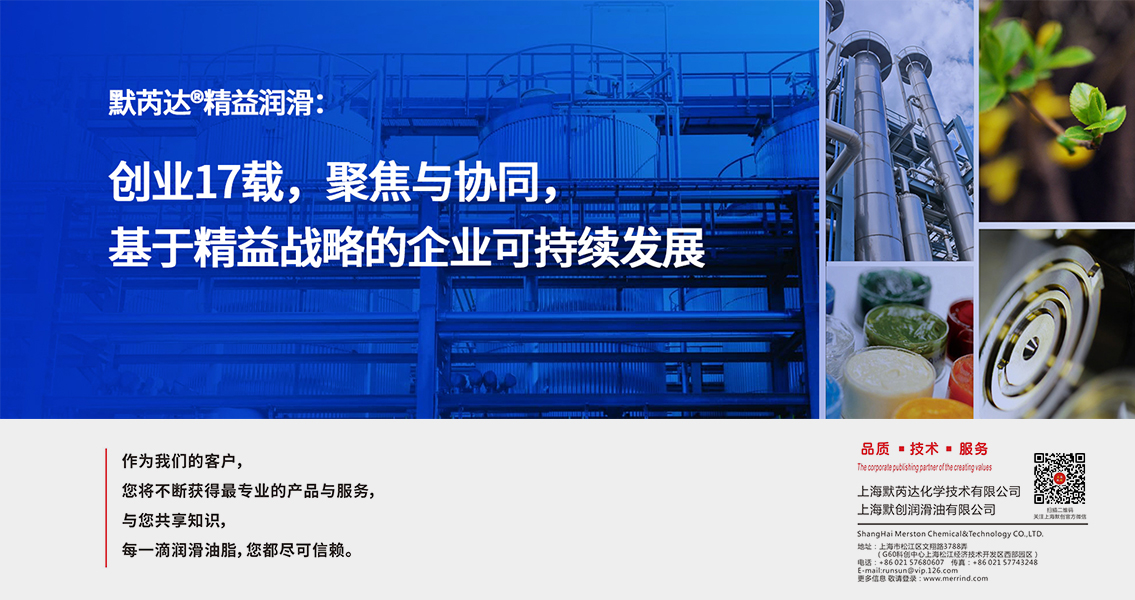
MerRIND ® The Lean Lubrication brand was established in ...
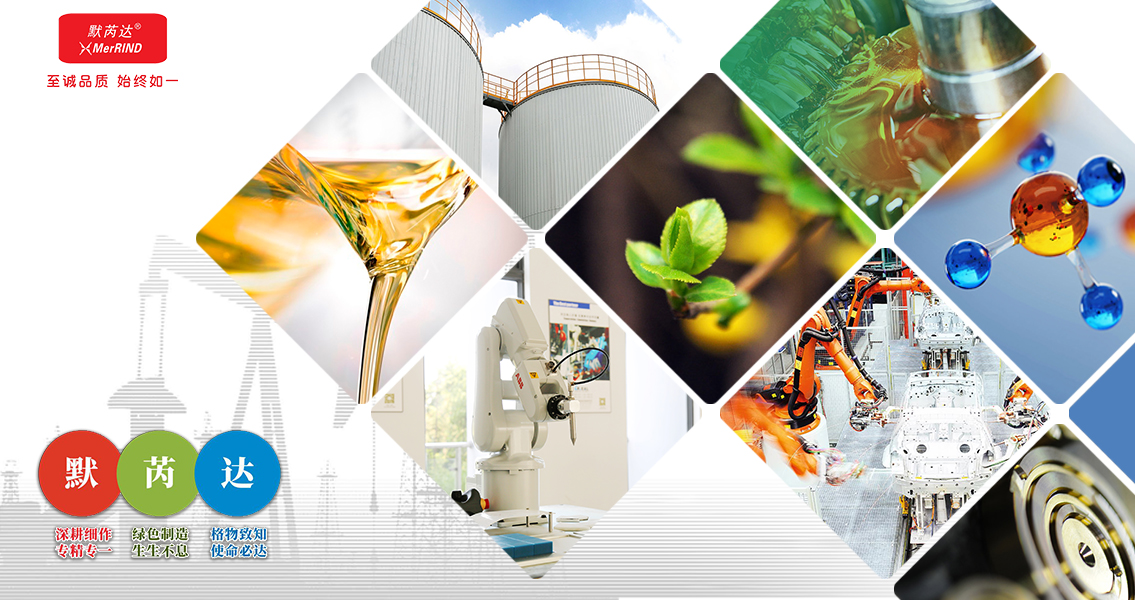
In the long course of human civilization's evolution, we...

In the long river of human history, new technologies hav...
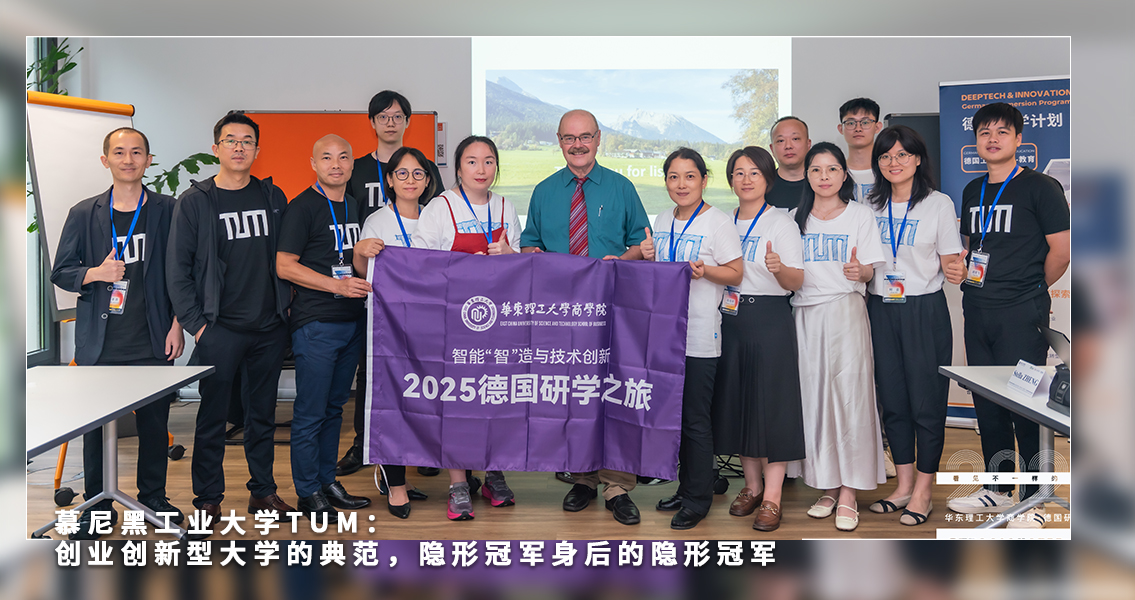
Hidden Champion "is a concept proposed by German busines...
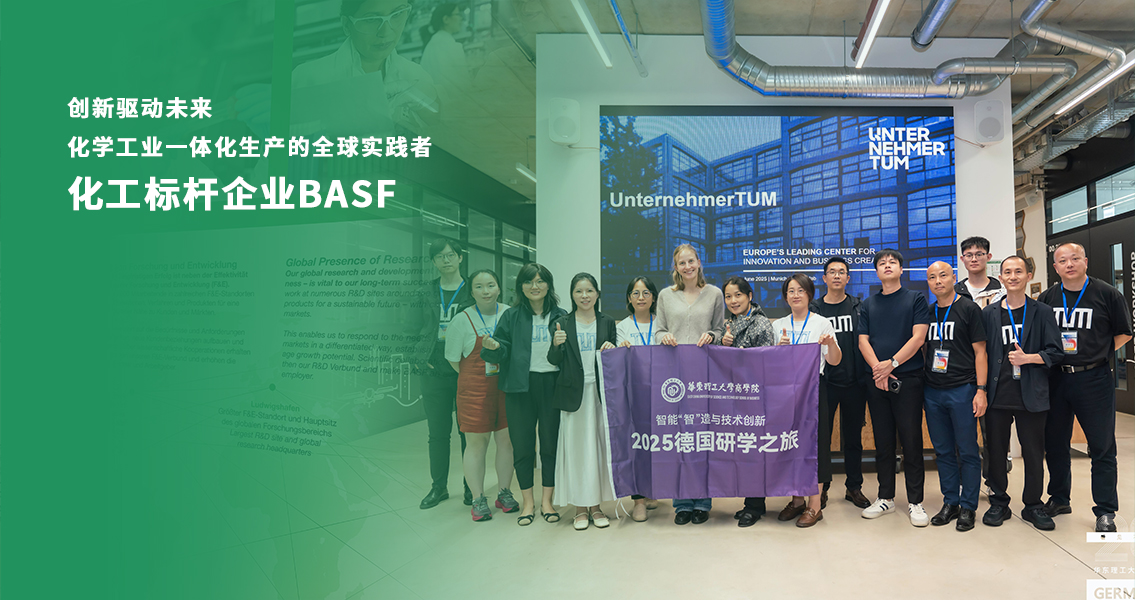
On July 25, 2025, the Rhine River is rippling with blue ...
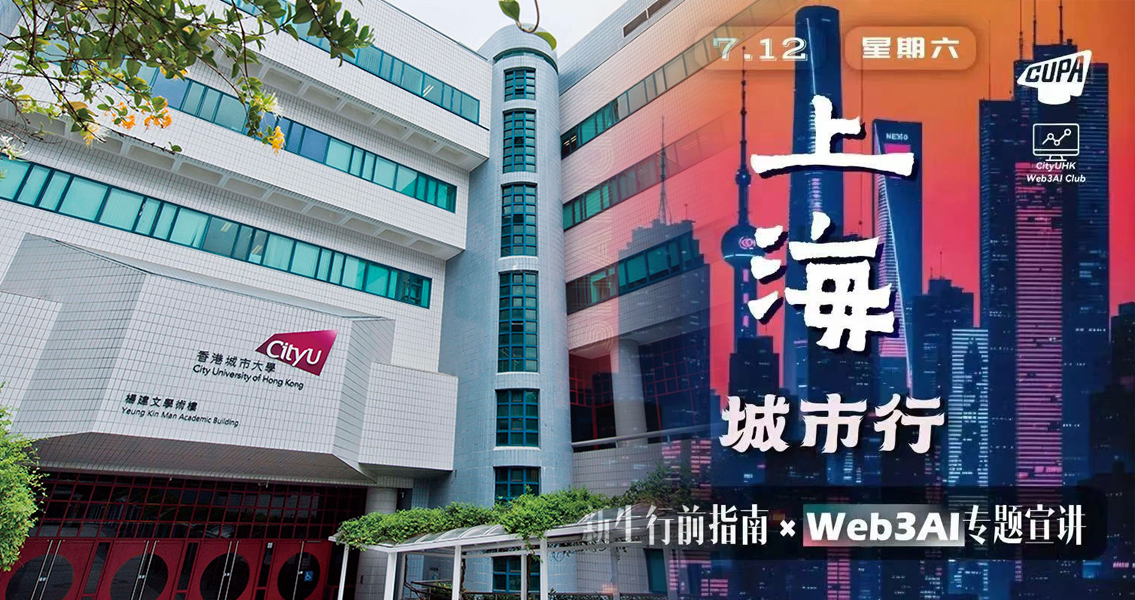
On July 12, 2025, the 2025 City Trip · Shanghai S...

MerRIND ® Lean Lubrication takes great pride in part...

Folding phone development trend: With its innovativ...

In today's world, technological progress and innovation ...